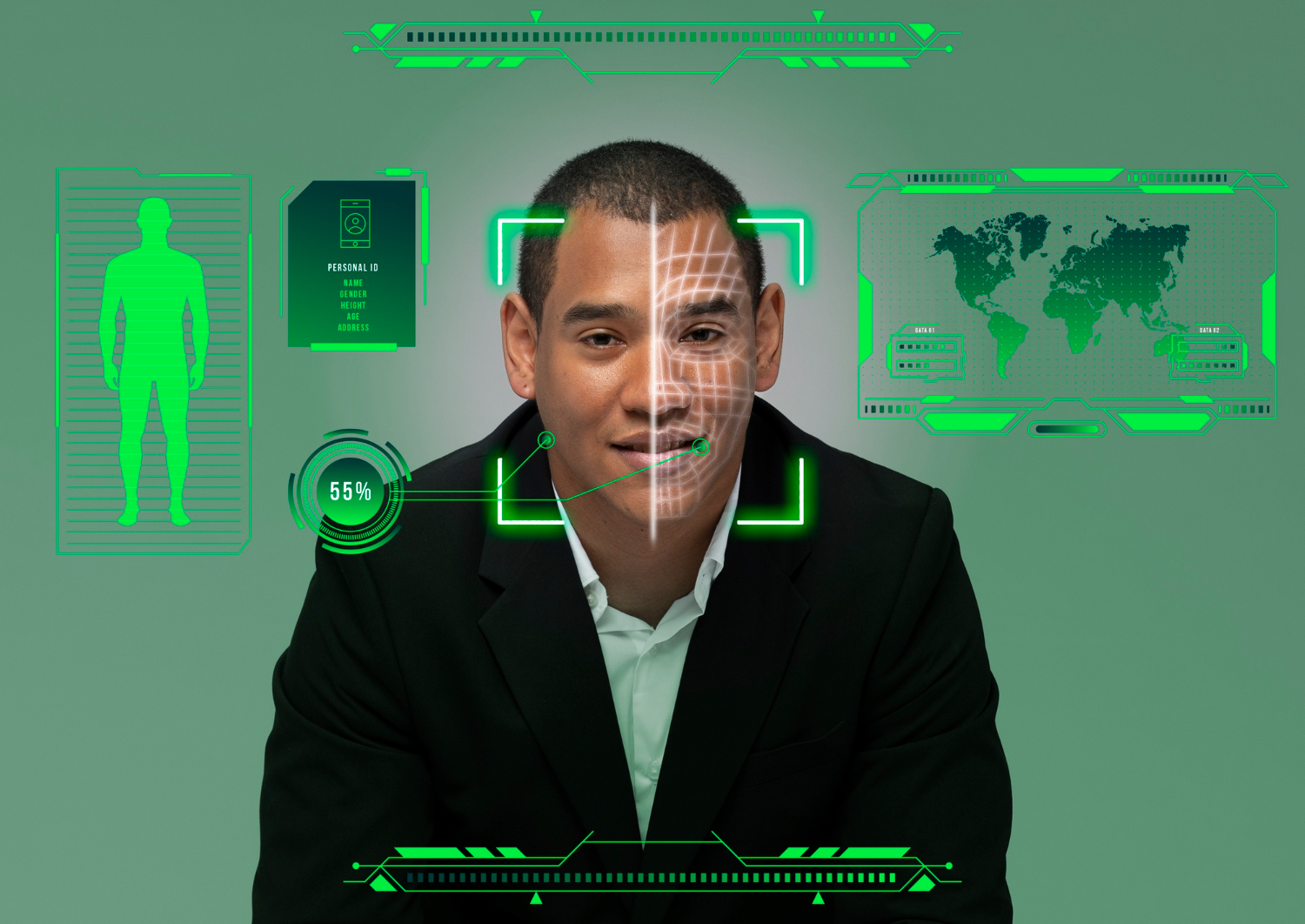You might think a standard pre-employment screening settles the question of who a candidate really is. Basic background checks still rely on what the candidate tells you. If the provided information is falsified, a criminal history search on a fabricated identity will miss the very information you need most. This is where identity verification becomes the anchor for every other step in the hiring process.
A background screening company handling an international hire has to navigate the legal landscape of two or sometimes more countries. Without a verified identity, right-to-work checks, criminal record searches, and employment history verifications are pointless. Remote hiring has opened up global talent pools and widened the gates for hiring fraud. In 2024 alone, the US Federal Trade Commission received over 1.1 million identity theft complaints, and over 127,000 of those were related to business and job opportunities.
The frauds are varied and scary: deepfake headshots, proxy interviewees, laptop farms, degrees that only exist in Photoshop. Without a strong identity theft prevention framework, even the most diligent recruiter can be fooled. But beyond the fraud stats and compliance clauses are trust and safety, which are critical to a productive work environment. People work better when they know the person sitting next to them or on the other side of the video call is exactly who they say they are.
Fake Identities: Hidden Risks and Costly Consequences
Fake identities in hiring are a thriving industry of deception. Some candidates pad their resumes with counterfeit degrees or imaginary employers. Others go further and create synthetic identities that mix real and fabricated personal data so they can pass background checks. AI has made this murkier. Deepfakes can fool you in a live video interview. Then there’s identity theft, where someone applies under the name and with the documents of an unsuspecting person. This is where a seasoned background screening company becomes essential for identity theft prevention, protecting your hiring process from these evolving tricks.
Here are the consequences of not verifying identities –
• Operational disruption – Hiring an unqualified or fraudulent worker can derail projects, cause costly rework, and undermine productivity.
• Financial loss – Wages paid to fraudulent hires, wasted training costs, and fraud-related damages can add up to millions.
• Security breaches – Fraudulent employees can access confidential systems, intellectual property, or customer data and commit cybercrime, espionage, or sabotage.
• Compliance failures – In regulated industries like finance and healthcare, onboarding someone under a fake identity can violate licensing and security clearance.
• Legal exposure – Hiring without proper work rights can trigger legal action under immigration or labour laws. In some jurisdictions, this can result in criminal liability for directors and executives.
• Reputational harm – Regulators also have the right to name and shame non-compliant companies. Publicized cases of hiring fraud can weaken client trust, damage employer branding, and result in lost contracts or bids.
The penalties for not verifying identities are severe and vary by region –
• Civil penalties – For instance, in the UK, employing someone without a proper identity check can result in fines up to £60,000 per illegal worker.
• Criminal liability – Repeat or deliberate offences can result in prosecution, imprisonment, and company director bans.
• Public disclosure – Some regulators publish the names of non-compliant employers, so the damage is permanent.
Identity Checks as the Foundation of a Safe, Trusted Workplace
Identity verification stops people with violent, fraudulent, or predatory histories from getting into positions where they can cause harm. A workforce built on verified authenticity tends to have fewer disruptions, more collaboration, and higher morale because everyone operates in an environment where safety is the norm.
Consumers prefer companies that prioritize data privacy and security. Such robust pre-employment screening sends a public signal that the company operates on verifiable truth. That signal builds trust at multiple levels. Employees know their colleagues have been vetted; customers believe their information and interests are protected; and partners know a shared standard of integrity.
Balancing Automation with Human Intelligence for Precise Verification
Hiring frauds now involve outsourcing interviews to proxy candidates who ace technical tests they’ll never take. Others operate from laptop farms, hiding their location. If left unchecked, these tactics lead to data breaches and compliance violations, operational paralysis, and public scandal. These are the risks a reputable background screening company exists to mitigate.
The best identity theft prevention technique combines AI, automation, and human intelligence. Automated document validation, biometric checks, liveness detection, and anomaly monitoring can spot anomalies quickly, while trained human reviewers apply context, cultural understanding, and investigative instincts.
AI-driven background screening can validate documents, extract data, run AML checks, and perform facial recognition in seconds without fatigue, bias, or compliance with privacy laws. But even the most advanced neural networks have blind spots, like official-looking IDs from countries with incomplete datasets where verification APIs don’t exist, or using details of people whose deaths haven’t yet been updated in the national database. This is where human expertise comes in to resolve edge cases, calibrate the model’s learning, and prevent costly misclassifications.
cFIRST’s Human-in-the-Loop Advantage for Fast, Accurate Identity Checks
cFIRST’s identity verification combines high-speed automation with targeted human intervention. The platform’s automated workflows handle large volumes of data extraction, pattern matching, and anomaly detection, while a human-in-the-loop approach catches the subtle red flags algorithms may miss. Continuous learning loops ensure the AI gets better over time, with human review feedback feeding into algorithm refinement and clear protocols defining when a case requires manual intervention. We deliver confidence from knowing your decisions are based on verified, regulator-ready data.
Conclusion
The most sophisticated hiring fraud today hides in the subtleties. A recruiter cannot reliably spot these under time pressure by themselves. They demand a layered approach to identity verification that cross-checks multiple, independent data sources, escalates anomalies to trained human analysts, and feeds every confirmed fraud back into the detection algorithm to strengthen future checks. Companies that treat identity verification as an ongoing intelligence process build a culture that repels deception and attracts talent and clients who notice the difference.








